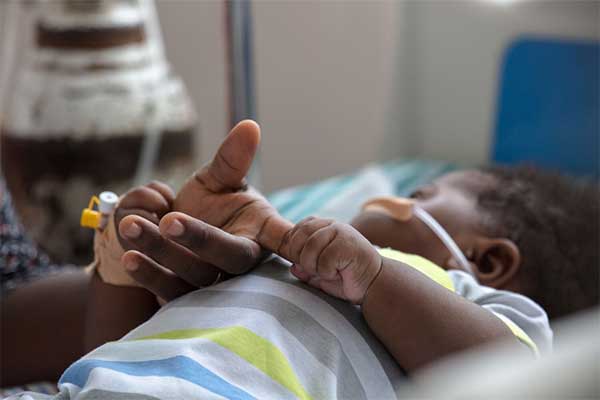
By Francis Allan L. Angelo
The United Nations Inter-agency Group for Child Mortality Estimation (UN IGME) announced a landmark achievement in global health – the number of children dying before their fifth birthday has dropped to the lowest point on record, with 4.9 million deaths in 2022. This milestone represents a triumph for health systems worldwide and the tenacity of countless individuals working on the frontlines.
“Behind these numbers lie the stories of midwives and skilled health personnel helping mothers safely deliver their newborns, health workers vaccinating and protecting children against deadly diseases, and community health workers who make home visits to support families to ensure the right health and nutrition support for children,” Catherine Russell, UNICEF Executive Director, remarked. Decades of commitment have showcased that with the right tools and knowledge, saving young lives is an achievable goal.
The report points to a 51% decline in the global under-5 mortality rate since 2000, with several low- and lower-middle-income countries making significant strides. Cambodia, Malawi, Mongolia, and Rwanda, for instance, have each reduced under-5 mortality by over 75% since the turn of the millennium.
Despite these successes, the report lays out the stark reality that the journey to end all preventable child and youth deaths is far from over. Nearly half of the deaths were newborns, and another 2.1 million children and youth aged 5-24 also died, with a majority of these occurring in sub-Saharan Africa and Southern Asia.
“These preventable losses are a stark reminder of the inequities that persist in global health,” stated Dr. Tedros Adhanom Ghebreyesus, WHO Director-General. “The circumstance of a child’s birth should not dictate their survival. It is imperative to broaden the reach of quality health services to every woman and child, particularly in emergencies and remote areas.”
The report emphasizes that improving access to quality health services and enhancing the lives of children worldwide requires substantial investment in education, job creation, and improving the working conditions of health workers.
Community health workers are highlighted as key figures in the battle against child mortality, acting as vital conduits for life-saving health services. To maximize their impact, they must be well integrated into primary health care systems, compensated fairly, and provided with adequate training and resources.
Child mortality could be significantly reduced if community-based survival interventions reached those most in need. A coordinated approach to manage childhood illnesses, such as respiratory infections, diarrhea, and malaria, is essential to bolstering child health and survival.
Dr. Juan Pablo Uribe, Global Director for Health, Nutrition and Population at the World Bank & Director of the Global Financing Facility for Women, Children and Adolescents, underscores the need for increased investments and collaboration to build upon this year’s achievements. “While we celebrate fewer children dying before their fifth birthday, we must also recognize that our work is far from complete,” he said.
Inequities and threats such as economic instability, conflict, climate change, and the aftermath of the COVID-19 pandemic pose substantial risks to child survival, especially in the most vulnerable populations. To combat these, the report calls for enhanced efforts and investments to end preventable deaths among newborns, children, and youth.
The current projections suggest that 59 countries are on track to miss the Sustainable Development Goal (SDG) targets for under-5 mortality, with an estimated 35 million children projected to die before 2030. These losses will predominantly affect families in sub-Saharan Africa, Southern Asia, and lower-income countries.
Addressing the data gap is another critical component highlighted by the report. Improved data collection and statistical systems in regions with high mortality burdens are essential to better track, monitor, and respond to child health and survival challenges.
United Nations Under-Secretary-General for Economic and Social Affairs, Li Junhua, calls for continued vigilance and action. “Strengthening access to high-quality health care around the time of birth is crucial to reducing mortality among children under age 5,” he explained. “Tracking our progress is essential, but it must go hand in hand with redoubled efforts to reduce inequities and end preventable deaths worldwide.”






























